Traveling is exciting. The anticipation is palpable, and with it, for many, comes a fair share of anxiety. To cope with these feelings, travelers have turned to superstitions and rituals, some of which are surprisingly common across the globe. Here are some of the superstitions many travelers practice, how many do you recognize or even take part in?
Garlic in the Suitcase

In Bosnia, it is customary to place garlic in one’s suitcase before a journey. The belief is that garlic brings good luck and helps in avoiding complications at borders and during immigration.1 Whether it’s the smell or the presence of garlic itself, travelers in Bosnia swear by this practice.
Sitting on Luggage
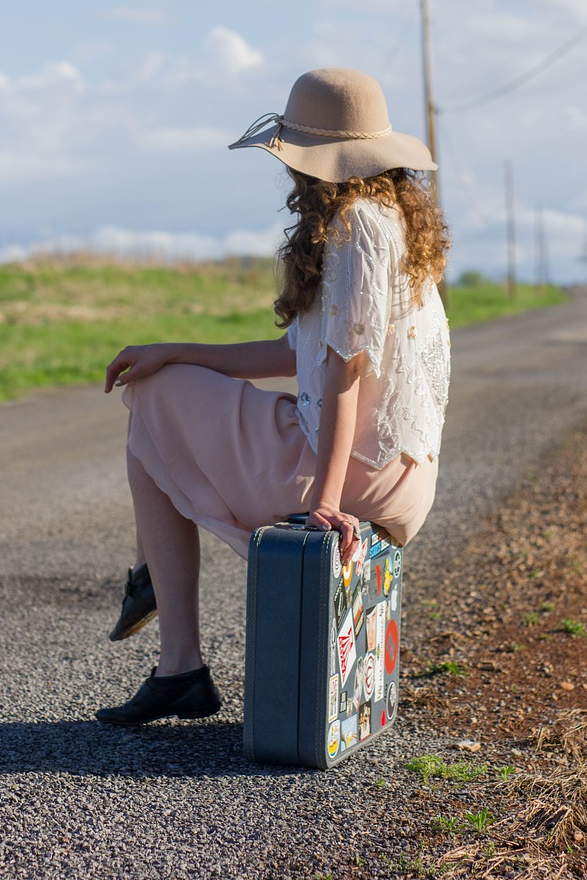
In Russia, some travelers sit on their luggage before a trip. This act is thought to bring good luck and ensure a smooth journey. While it might look like they are simply resting, these travelers are actually engaging in a long-standing superstition.
Extra Money in the Bag
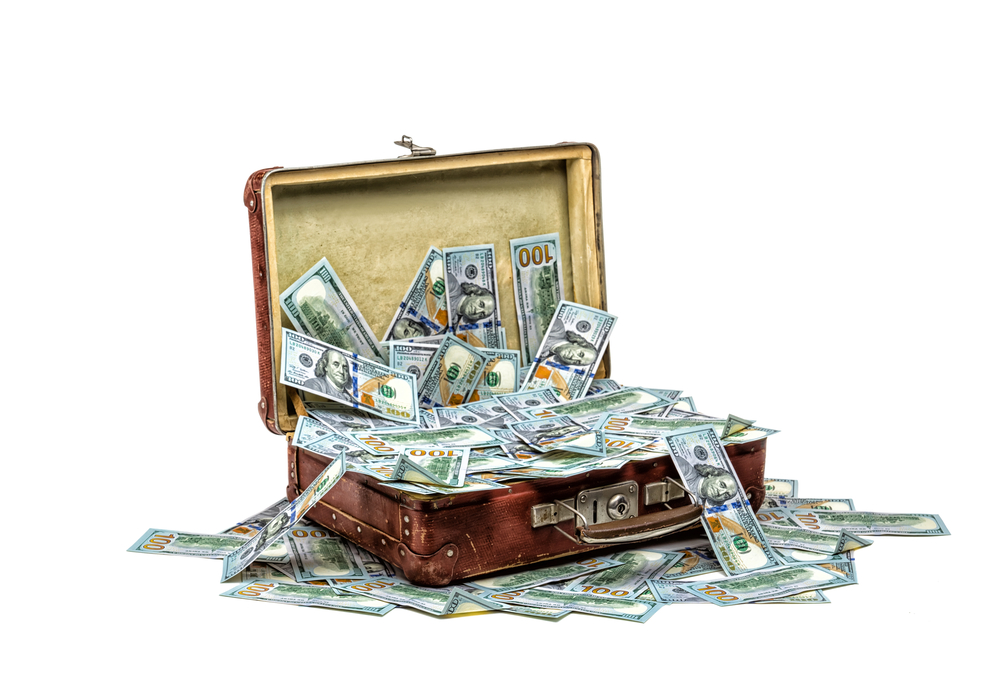
Filipinos often keep extra money in their bags or suitcases, but not for spending. The belief is that if this money remains untouched throughout the trip, the traveler will be blessed with more fortune throughout the year. This practice ties good luck directly to financial well-being.
Read More: Mom Carries Disabled Son On Her Back As She Promises To Take Him To Travel The World
Pouring Water
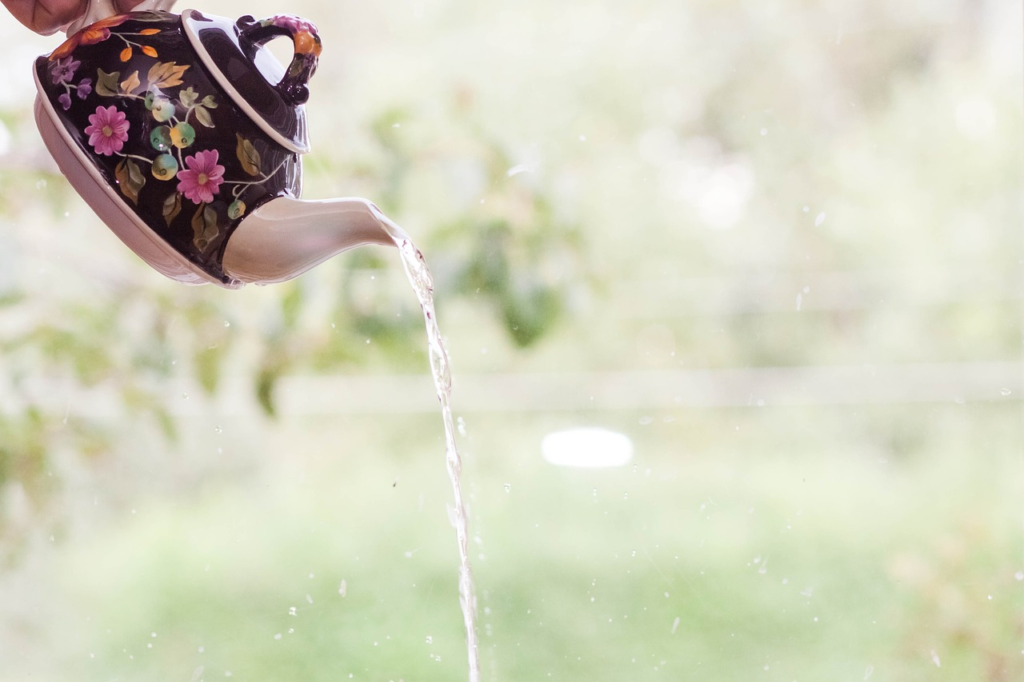
In Serbia, pouring water behind a person about to travel is a common superstition. This act is believed to attract luck by symbolizing effortless movement and good fortune on the journey. While it might upset some, the tradition is deeply ingrained in Serbian culture.
Silence Before Departure

In India, it is considered bad luck to call out to someone as they are leaving for a trip. Instead, if something important needs to be communicated, it’s best to run after them and say it directly. This practice ensures that the traveler leaves without any interruptions, which is believed to bring bad luck.
Bed Orientation

In China and Japan, the orientation of the bed in hotel rooms is guided by principles of Feng Shui. In Japan, beds should face south, east, or west, but never north, as north-facing beds are believed to attract the gods of death. This superstition is a reminder of how cultural beliefs can influence even the smallest aspects of travel.
Read More: 19 Mistakes Every Traveler Should Avoid, According to Veteran Resort Employee
Superstitions in Numbers
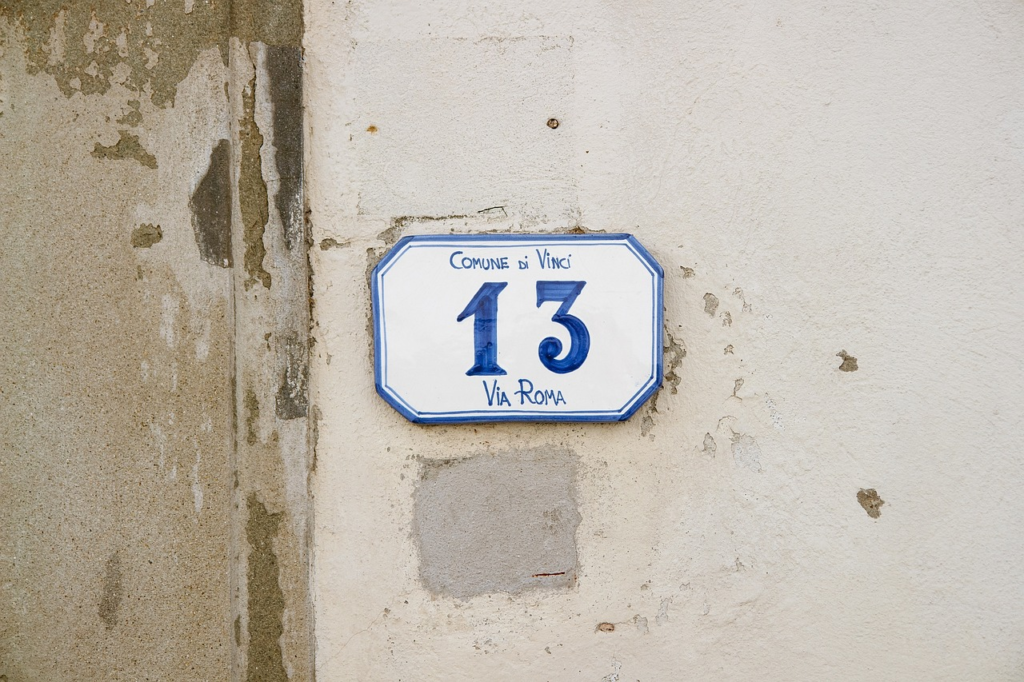
One of the most persistent superstitions revolves around the number 13, known as triskaidekaphobia. Many airlines avoid using row 13 on their planes to cater to superstitious passengers. Similarly, in Italy, the number 17 is avoided because its Roman numeral, XVII, can be rearranged to spell “vixi,” meaning “I have lived” in Latin, which implies death.
The Universal Touch
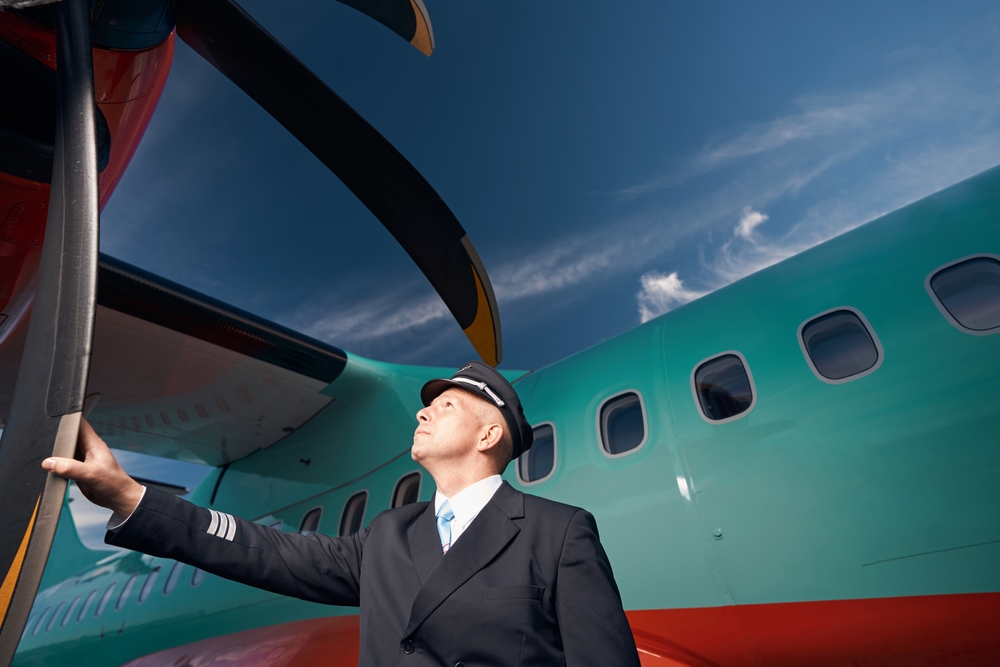
One of the most widespread superstitious gestures among travelers is touching the outside of the plane before boarding. This ritual, though seemingly insignificant, is performed by countless passengers worldwide. A recent discussion on Reddit highlighted how common this practice is. One user shared, “Whenever I fly, I have a habit of touching the outside of the plane right before boarding. Does anyone else do this?”.2 The response was overwhelming, with many admitting they do the same for a sense of comfort and safety.
For some, this touch is a way to connect with the aircraft that will carry them thousands of feet above the ground. As one person noted, “Just want to know what the plane feels like that’s going to be carrying me 30,000 feet up in the sky”. This gesture, while not scientifically proven to ensure safety, provides a psychological reassurance to many.
Read More: Airline offers adult-only section for travelers avoiding babies and kids
The Psychology Behind Superstitions
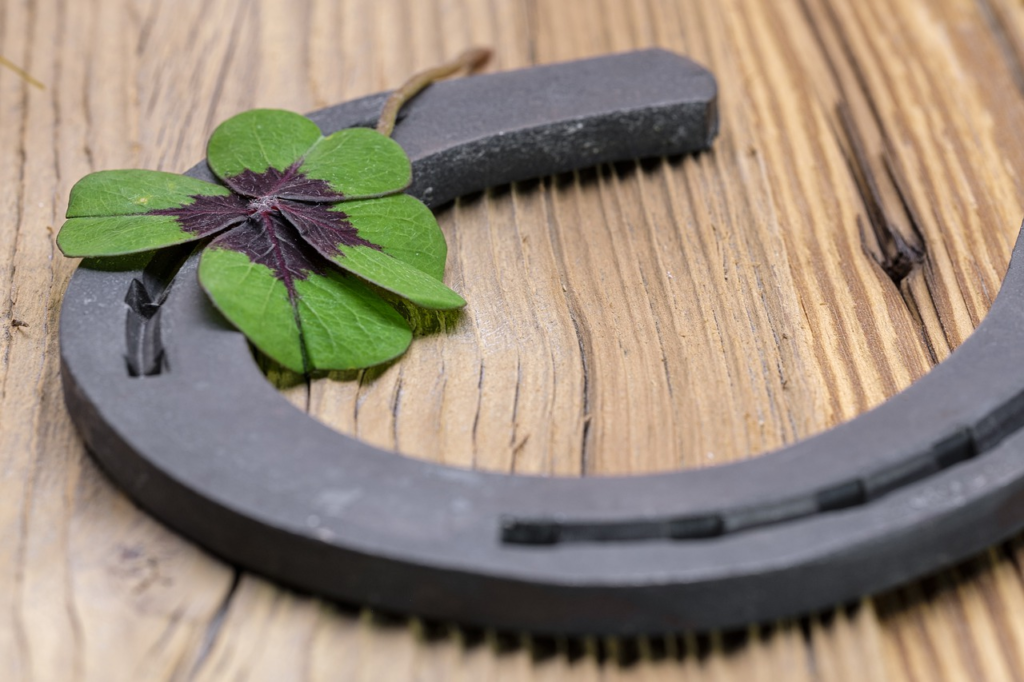
Superstitions provide a sense of control in situations where people feel helpless. The ritual of touching the plane or carrying a lucky charm helps alleviate anxiety associated with flying. As noted in a personal account, “My lucky charm is a humble penny with a stretched image of Queen Mary. The panic I felt at its momentary loss alarmed me, but it’s also an inevitable travel truth that you will lose stuff”.3
Dictionary.com defines superstition as “a belief or notion not based on reason or knowledge”. This definition underscores the irrational nature of superstitions, yet their psychological benefits cannot be denied. They serve as a coping mechanism, helping travelers feel more secure.
The Role of Superstitions in Travel
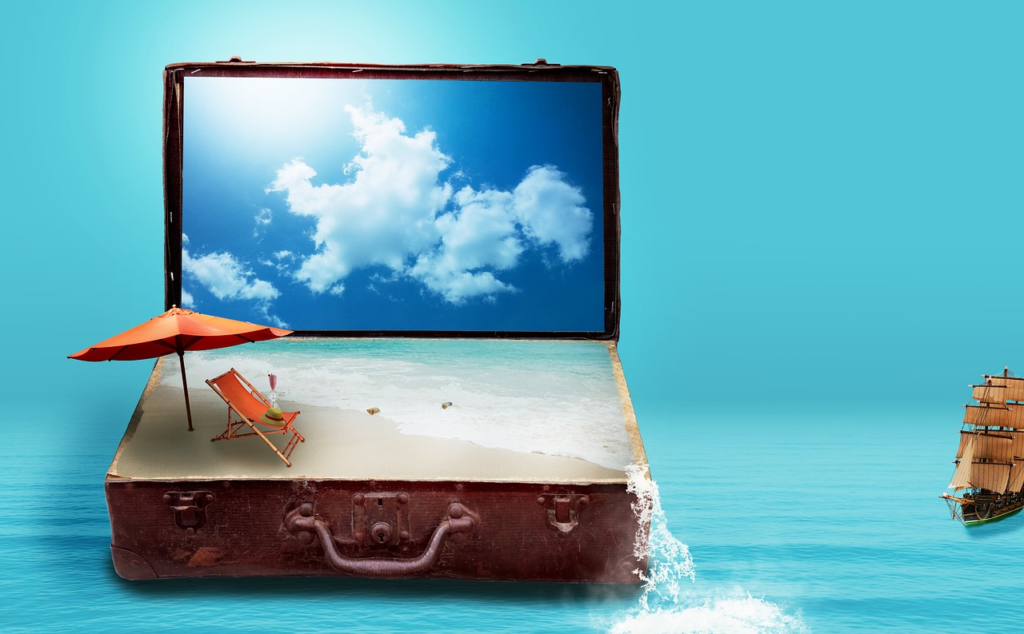
Superstitions, while often dismissed as irrational, play a significant role in how people prepare for and experience travel. They provide a sense of routine and control in an otherwise unpredictable situation. As one traveler shared, “If the prior trip was successful, I try to repeat the same conditions as closely as possible. So, if I hold onto the baggage tag, remember my lucky coin, and pack my suitcase in the same way, then maybe I will have another good trip”.
Conclusion
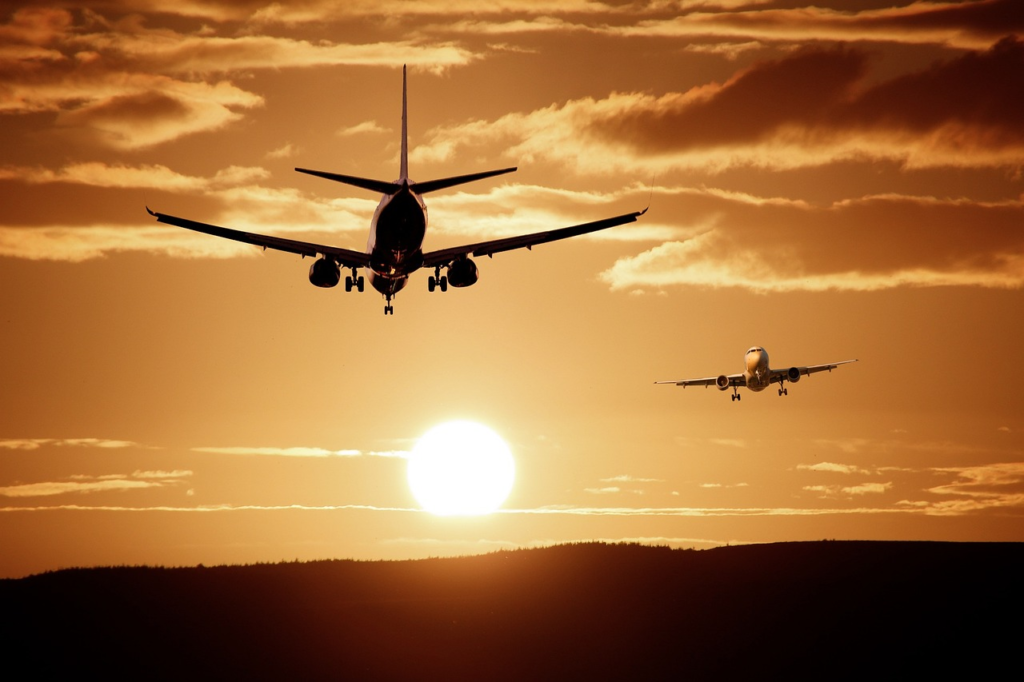
Travel superstitions, from touching the plane to carrying garlic, serve as comforting rituals for many travelers. These practices, while varied and sometimes quirky, offer psychological reassurance and a sense of control in the often stressful experience of flying. Whether based on cultural traditions or personal beliefs, superstitions continue to be an integral part of the travel experience, demonstrating the universal need for comfort and security in the face of the unknown.